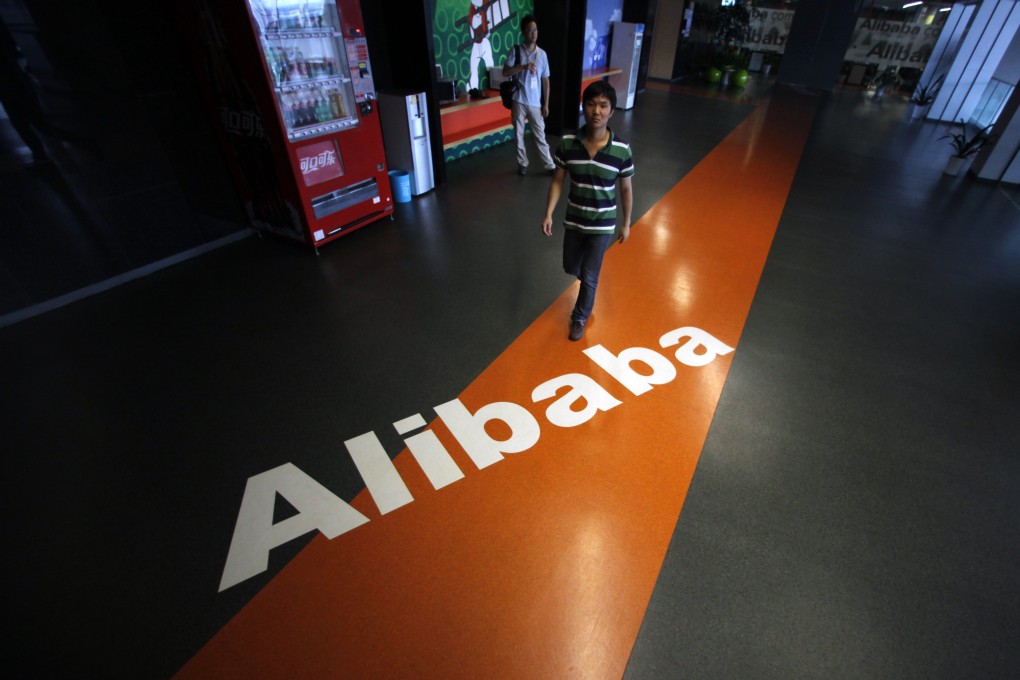Mr. Shangkong | Ignoring politics can be bad for business
Closer economic ties between China and the US mean investors need to improve understanding

The economies of China and the United States are now deeply connected. You don't need a PhD in economics to know this. It can be seen in many aspects of everyday life.
I was in the US recently just a few weeks ahead of President Xi Jinping's scheduled visit. During this trip, I was approached by many ordinary Americans who were interested to know my views on the Chinese economy. To my surprise, awareness is now high among Americans of Chinese brands such as Alibaba and Xiaomi rather than just Lenovo, which acquired IBM's PC business about 10 years ago.
One new friend, a retired consultant, began a conversation about the Chinese economy with a question about my views on the stock price outlook for Alibaba, China's e-commerce giant that went public in New York late last year.
Prior to my trip, I thought most investors in Alibaba in the US must be institutional investors like mutual fund managers. While that may still be true, the retail interest in Chinese companies listed in the US has grown more rapidly than we might imagine.
The reason my new American friend asked about Alibaba was mainly due to his concerns about Alibaba's share price performance - it is already below its initial public offering price and some bearish analysts are predicting a possible 50 per cent fall in coming months.
Many ordinary Americans may not understand what 7 per cent or 6 per cent gross domestic product growth really means for China.
